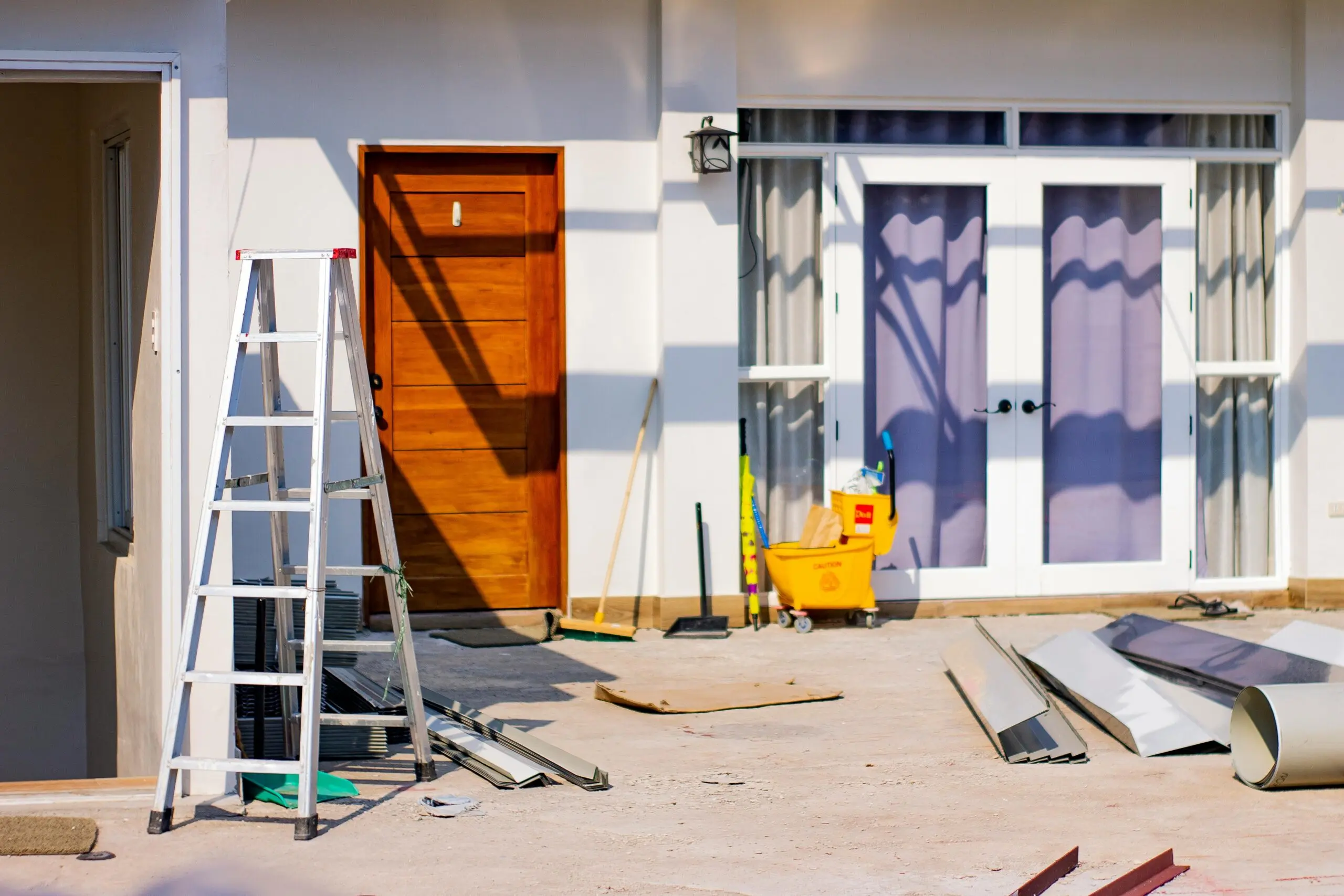The Importance of a Solid Foundation
The foundation serves as the backbone of any home, offering essential stability and longevity. A robust foundation prevents issues such as cracks, uneven settling, and structural shifts that can lead to costly repairs over time. When planning your foundation, professional builders must evaluate critical factors including soil composition, local climate conditions, and the structure’s overall weight. For instance, clay soils expand and contract with moisture changes, requiring specialized foundation types. Climate influences how foundations handle moisture retention, temperature variations, and seismic activity in specific regions.
Utilizing premium materials and adhering to proper construction protocols are vital. Key components include:
- Reinforced concrete: Combining concrete with steel rebar enhances tensile strength, reducing the risk of cracking and structural failure.
- Curing process: Maintaining adequate moisture, temperature, and curing time ensures the concrete sets correctly, preserving the foundation’s integrity over time.
Investing in a well-engineered and constructed foundation delivers a secure and lasting base for your home, safeguarding your investment for years to come.
Ensuring Effective Insulation
Effective insulation is crucial for maintaining indoor comfort and reducing energy expenditures. It helps regulate indoor temperatures and lowers heating and cooling costs throughout the year. In addition to thermal benefits, insulation also improves soundproofing, creating a quieter, more tranquil living environment.
Popular insulation materials include:
- Fiberglass: Cost-effective and widely used, suitable for most residential applications.
- Spray foam: Expands to fill gaps, sealing air leaks to enhance energy efficiency and prevent drafts.
- Reflective barriers: Ideal for hot climates, these materials reflect radiant heat to keep interiors cooler.
While some insulation tasks can be handled by homeowners, others are best left to skilled professionals to ensure optimal placement and effectiveness. Focus on insulating key areas like attics and basements to maximize energy savings and maintain consistent indoor temperatures year-round.
Roofing for Protection and Longevity
A professionally installed roof is critical for safeguarding your home, providing both aesthetic appeal and long-term durability. When selecting roofing materials, consider local weather patterns, budget constraints, and your home’s architectural style.
Common roofing options include:
- Asphalt shingles: Affordable and straightforward to install, making them a popular choice among homeowners.
- Metal roofing: Offers exceptional longevity and resilience against harsh weather conditions, though the upfront cost is higher.
- Tile and slate: Premium materials that provide unparalleled durability and timeless beauty, enhancing curb appeal.
Engaging experienced roofing professionals ensures proper installation and timely repairs, which are essential for extending the roof’s lifespan and maintaining its protective qualities.
Electrical Wiring for Safety and Functionality
Electrical wiring is the backbone of modern living, powering lighting, appliances, and smart devices. A licensed “>electrical contractor“> professional can design and install a system that is safe, reliable, and energy-efficient. Quality materials such as copper wiring improve conductivity and reduce overheating risks. Adhering to local building codes minimizes electrical hazards, including fires and shocks.
Regular inspections and upgrades are pivotal for prolonging the electrical system’s lifespan. Investing in professional electrical services enhances your home’s safety and operational efficiency, offering peace of mind for you and your family.
Plumbing for Efficient Water Management
Effective plumbing is a fundamental aspect of home construction, ensuring safe water supply and efficient wastewater management. A well-designed plumbing system by experienced plumbers guarantees clean water for daily needs such as drinking, cooking, and bathing, while properly disposing of wastewater.
Choosing durable materials is essential to avoid leaks and reduce maintenance:
- Copper pipes: Known for their durability and corrosion resistance, though they come at a higher price point.
- PEX (cross-linked polyethylene) pipes: Flexible, easy to install, and increasingly popular in modern homes.
- PVC (polyvinyl chloride) pipes: Cost-effective and chemical-resistant, primarily used for wastewater and drainage systems.
Regular plumbing maintenance, including leak detection and drain cleaning, helps preserve system performance and prevent costly repairs.
Constructing a home demands attention to many critical decisions. By focusing on these five key elements—foundation, insulation, roofing, electrical wiring, and plumbing—you can build a durable, efficient, and comfortable home that meets your needs and withstands the test of time. For those looking to enhance the home construction“>quality and value of their property, consulting with experienced professionals is a prudent step to ensure superior standards and expert guidance.
In addition, if you’re interested in learning more about Written Contract For The Best Exterior Painting Services“>related topics, be sure to explore our comprehensive Exterior“>resource category for valuable insights and updates.
Beyond the structural essentials, incorporating sustainable and energy-efficient practices during home construction is becoming increasingly important. Utilizing eco-friendly materials, installing energy-saving appliances, and integrating smart home technologies can significantly reduce your environmental footprint while lowering utility costs. Modern building techniques such as passive solar design, rainwater harvesting systems, and high-performance windows contribute to green living. By staying informed about the latest advancements in sustainable construction, homeowners can create healthier living spaces that promote well-being and financial savings for years to come.
Want to know about ‘What Concrete Construction‘? Check out our ‘Real Estate‘ category.


